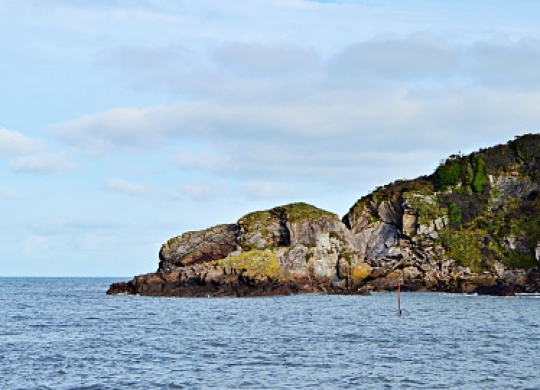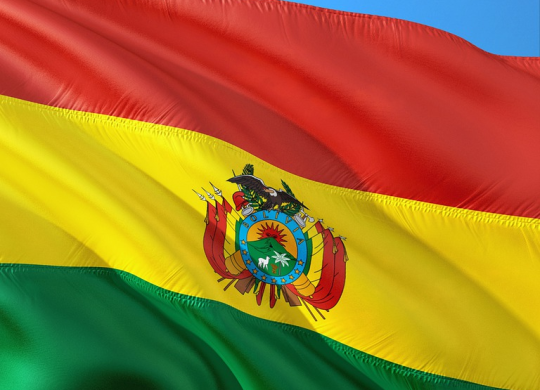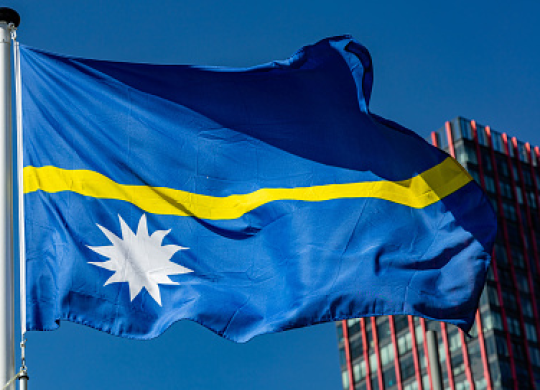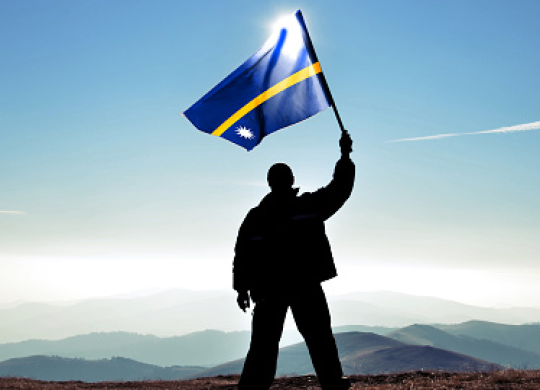Employment system of Nauru. Experience of local residents
Table of contents

Nauru is a unique state. And not even in terms of being a quasi-state or the smallest country in the world. Its uniqueness relates to its recent history.
There was a time when Nauru was one of the richest countries in the world. In the 1970s and 1980s, the Republic of Nauru prospered - the level of GDP per capita was one of the highest in the world (US$50,000). Most of the country's population was rich and did not deny themselves anything. Almost everyone had a car and a nice house.
And all this was due to the discovery of huge phosphate deposits. Many countries are looking at the region, competing for rich natural resources. Phosphates were first discovered by Albert Ellis from New Zealand. Development of the minerals began in 1906. Since then, private companies have bought the rights to phosphate deposits in Australia, which has effectively managed the state.
Since 1947, the island has been under the joint control of New Zealand, Australia, and the UK. These countries enriched themselves with phosphate rock, which was mined in crazy volumes by the mid-1970s - up to 2 million tonnes a year. Mostly locals and foreigners were involved in this work.
When these minerals were depleted, the country's economy went to the dogs in a blink. Within a few years, Nauru went from being a First World country to a Third World country. Due to the poor ecology, there are no tourists and people are on the verge of starvation.
All products available on Nauru are imported from other countries. Due to the isolation of the island of Nauru (the nearest neighboring island is 288 km by sea), the food here is very expensive. Vegetables and fruit are grown domestically and there is barely enough for the domestic market.
The unemployment rate in the state is one of the highest on earth, exceeding 80 percent. The local population is mainly employed in government jobs. Therefore, Nauruans do not know from the words of others what migration and work abroad really are. But even local people who have experience of working abroad cannot find work at home.
The state budget is only enough to support civil servants and provide basic services – medicine, education, etc. Most of the budget is grants from Australia – a refugee camp has been set up in Nauru for refugees who have tried to enter Australia illegally.
Most Nauruans work at home – on their own farms. There are a few fishermen, but there are only 2 vessels for the whole island, all of which are sold on the island.
Unfortunately, the island of Nauru has no future. And not because of total poverty, but because of global warming. Scientists predict that as a result of melting glaciers, it will eventually go underwater this century.
Recommended articles
5 min
Work
2 min
Work
Job in Indonesia for expats: prospects, conditions and list of documents
Indonesia is a promising market for the employment of expats. The country attracts foreigners with its growing economy and rapid development. Find out what is required to obtain a work visa and where expats usually work
22 Jul. 2024
More details2 min
Treatment
3 min
Travels
All materials and articles are owned by VisitWorld.Today and are protected by international intellectual property regulations. When using materials, approval from VisitWorld.Today is required.